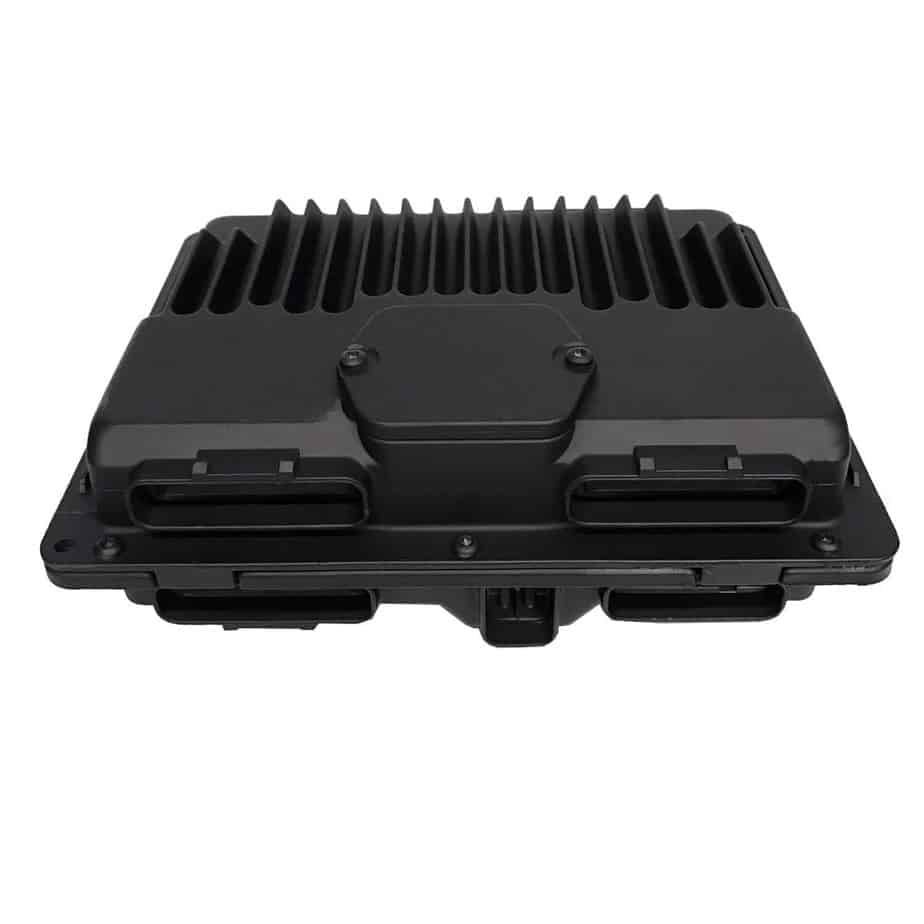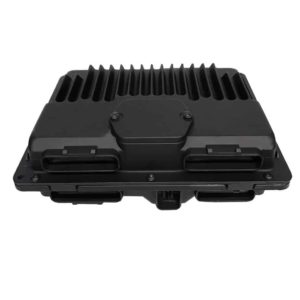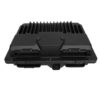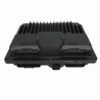Get Your 1998-1999 GM Truck Running Reliably Again
If you’re dealing with baffling issues on your 1998-1999 GMC 2500 or another GM truck from that era, you know how frustrating it can be. One day it runs fine, the next it won’t start, shifts erratically, or throws a Check Engine Light that seems to make no sense. As a mechanic with over two decades of experience under the hood of these exact trucks, I can tell you that the Powertrain Control Module (PCM) is often the root cause of these ghost-in-the-machine problems.
Is Your Truck Experiencing These Symptoms?
A failing PCM doesn’t always die completely. More often, it begins to fail intermittently, leading to symptoms that can be tough to diagnose. I’ve seen hundreds of these GMT400 platform trucks in my bay, and the complaints are almost always the same:
- ✔ Unexplained Check Engine Light (CEL) with random or multiple fault codes.
- ✔ Harsh or delayed transmission shifting.
- ✔ Engine cranks but refuses to start (no-start condition).
- ✔ Poor fuel economy and noticeable loss of power.
- ✔ Stalling, rough idling, or misfiring.
- ✔ Communication errors when trying to connect a scan tool.
- ✔ Inaccurate or non-functional gauges on the instrument cluster.
Expert Pro Tip: Check Your Grounds First!
Before you replace the PCM, do yourself a favor and check the main ground connections. On these GM trucks, there’s a critical ground strap from the engine block to the firewall and several smaller grounds on the frame and engine. In my shop, I’ve seen corroded grounds cause voltage drops that mimic a bad PCM. A few minutes with a wire brush can sometimes save you a lot of headache and money. If the grounds are clean and tight and the problems persist, the PCM is your next logical step.
Why Do These PCMs Fail?
The PCM in your truck is essentially its brain, controlling everything from fuel injection and ignition timing to transmission shift points. It lives in a harsh environment under the hood, constantly exposed to heat, cold, and vibration. Over 20+ years, the internal electronic components, like capacitors and resistors, simply wear out. Solder joints on the circuit board can develop microscopic cracks from thousands of heat cycles, leading to intermittent connections that cause the frustrating symptoms you’re experiencing.
The Simple, Reliable Solution: A Pre-Programmed PCM
This isn’t just a replacement part; it’s a complete solution. We take a high-quality, tested PCM and program it specifically for YOUR vehicle using your Vehicle Identification Number (VIN). This ensures all factory settings are perfectly matched to your truck’s engine, transmission, and options.
- ✔ VIN-Programmed for Your Truck: We load the latest, most stable software updates from General Motors. This can often resolve drivability issues that were present even when the truck was newer.
- ✔ No Dealer Visit Required: Forget about towing your truck to a dealership and paying them hundreds for programming. This module arrives ready to install.
- ✔ Direct-Fit Replacement: This module is a direct replacement for several original part numbers, guaranteeing a perfect physical fit.
- ✔ Restores Performance: A new, correctly programmed PCM will restore proper engine performance, smooth out shifting, and improve fuel efficiency.
Our Simple Process
Ordering is straightforward. After you complete your purchase, simply provide us with your 17-digit VIN. Our technicians will handle the programming, and we’ll ship the module directly to you. Installation is as simple as disconnecting the battery, unplugging the old PCM, and plugging in the new one. In some cases, a Crankshaft Variation Relearn (CASE Relearn) may be needed, which can be done with many professional-grade scan tools.
Guaranteed Compatibility
To ensure a perfect match, please verify that the part number on your original module is one of the following:
Compatible Part Numbers: 16250279, 09366810, 09355699
This module fits a wide range of 1998-1999 GM trucks, vans, and SUVs, including the GMC 2500, Chevrolet 2500/3500, Tahoe, Suburban, and more. Please refer to the detailed fitment list to confirm it’s the right part for your specific vehicle.



